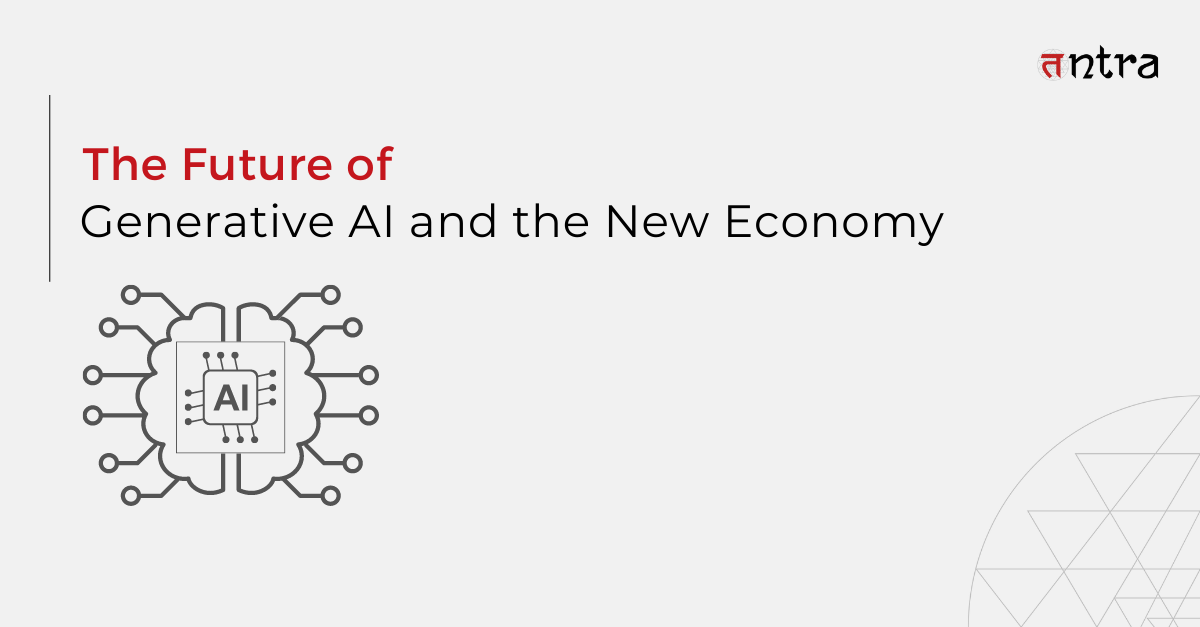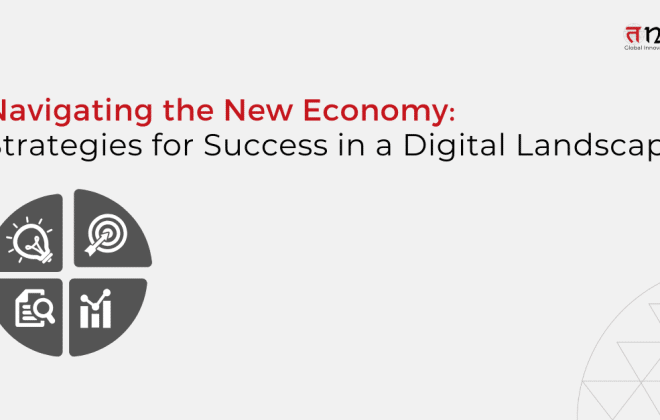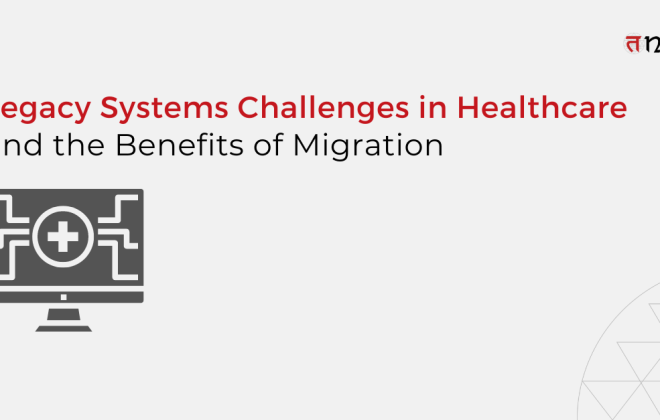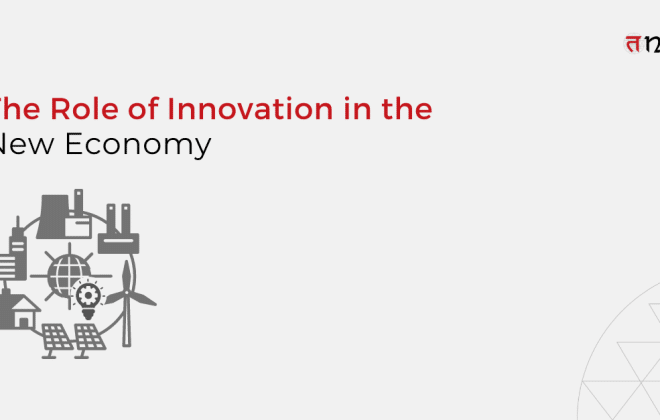
The Future of Generative AI and the New Economy
Generative AI is rapidly reshaping the New Economy landscape, captivating global interest with its versatile applications like ChatGPT, GitHub, Copilot, and Stable Diffusion. From automating content creation to augmenting human creativity and overcoming data scarcity, Generative AI unlocks innovative possibilities. As consumers experiment with these AI tools, stakeholders grapple with their implications on businesses and society. The future holds great potential for specialized AI assistants and hyper-personalization in marketing. Embracing Generative AI as a New Economy solution empowers workforce development, enhances content creation processes, and transforms industries, paving the way for a revolutionary era of AI-driven innovation.
One of North America’s most popular travel apps, Hopper, is a prime example of how Generative AI technology is used effectively in the travel sector. Hopper can correctly forecast hotel rates and airfares using machine learning algorithms and enormous volumes of historical and current data, giving them a competitive edge in providing the best rates and a better customer experience.
Travelers are empowered by Hopper’s AI-powered smart price prediction application to find the best flight deals at the optimum time to book. To offer users individualized recommendations, the app’s machine learning algorithms evaluate trillions of past flight prices and real-time price feeds. This makes it possible for travelers to decide when to book flights and find the most affordable offers.
More than $600 million worth of airline tickets have been sold thanks to Hopper’s huge database and AI services, demonstrating the effectiveness of this technology in the travel sector. Travelers can confidently plan the ideal getaway at the most affordable rate thanks to Hopper’s partnerships with airlines, hotels, rental homes, and vehicle companies worldwide.
The application’s ability to forecast demand and price fluctuations enables hotels and airlines to adjust rates based on consumer demand, leading to optimized revenue management strategies.
The success of Hopper’s Generative AI shows how AI-driven services can completely transform the travel sector. It empowers passengers and demonstrates the promise of AI in New Economy companies like Hoppers by forecasting prices, providing individualized advice, and optimizing revenue management.
Source: Hotlemize
Empowering the Future with Generative AI Technology
The global market value of the Generative AI sector has surpassed $13 billion due to its impressive expansion. The market for Generative AI applications is predicted to reach $22 billion by 2025, representing a significant compound annual growth rate (CAGR) of 27.02%; therefore, the phenomenon is projected to persist.
Notably, the North American region dominates the market for generative AI, accounting for a sizeable 41% of the entire revenue. Transformer models, which accounted for 42% of generative AI revenues in 2022, significantly contributed to this industry’s success.
The influence of generative AI is not just theoretical; it has already entered workplaces and is an essential component of many professional settings. According to recent surveys, different generations adopt technologies at varying rates. For example, 29% of Gen Z, 28% of Gen X, and 27% of Millennials have already adopted generative AI tools in their workplaces.
Additionally, the deployment of Generative AI has significantly disrupted some businesses. The effects are especially noticeable in fields like marketing and advertising, where 37% of professionals have already tapped into generative AI’s potential. Technology is used by 35% of professionals, and consultancy is used by 30%. The adoption of Generative AI in New Economy is starting to impact industries like accounting (19%) and healthcare (15%).
Looking at the bigger picture, the adoption of large-scale generative AI reached 23% in 2022, and this number is predicted to expand further in the future. According to experts, the widespread use of generative AI is expected to surge to an astonishing 46% by 2025, further solidifying its position in transforming businesses and working habits.
Transforming the Future of New Economy with Generative AI
Generative AI applications like ChatGPT, GitHub, Copilot, Stable Diffusion, and others have captivated global interest due to their versatility and remarkable conversational abilities. These latest AI systems not only handle routine tasks like data organization but also excel in creative domains, producing text, music, and digital art. As consumers and households experiment with these AI tools, a diverse range of stakeholders are grappling with the implications of generative AI on businesses and society, seeking context to understand its potential impact.
Here are some critical aspects of how Generative AI could shape the future of the New Economy industries :
- Workforce Development
- Generative AI’s incorporation into a variety of sectors transforms the workforce by automating monotonous chores and freeing up workers to concentrate on strategic and creative parts of their work. Combining potent algorithms and collective wisdom improves task completion times and output quality.
- An individual AI assistant helps each employee with manual duties, idea generation, proofreading, and other responsibilities. Specialized AI assistants will be widely used as generative AI technology develops, always accessible and prepared to offer useful suggestions without restrictions.
- Augmenting Human Creativity
- By automating routine operations, the incorporation of generative AI into numerous industries transforms the workforce and frees up employees to concentrate on strategic and creative aspects of their work. Crowdsourced knowledge and robust algorithms work together to speed up task completion and improve the quality of the result.
- An individual AI assistant helps each employee with manual duties, idea generation, proofreading, and other responsibilities. As generative AI technology develops, specialized AI assistants will become more prevalent, constantly accessible, and prepared to make insightful recommendations without restrictions.
- During the early stages of new product development, atypical designs created by generative AI can inspire designers to think beyond their preconceptions of what is possible or desirable in a product regarding form and function. This approach can lead to solutions humans might never have imagined using a traditional approach, where the functions are determined first, and the form is then designed to accommodate them.
- These inputs can help overcome biases such as design fixation (an overreliance on standard design forms), functional fixedness (a lack of ability to imagine a use beyond the traditional one), and the Einstellung effect, where individuals’ previous experiences impede them from considering new ways to solve problems.
- Synthetic Data Synthesis
- When it comes to solving the problem of data scarcity, generative AI is a game-changer. With the lack of different datasets in fields like medical imaging and the creation of autonomous vehicles, it can create high-quality, realistic synthetic data. Generative AI algorithms enable us to overcome data difficulties and improve machine learning models by transcending reality.
- Adding diverse and comprehensive synthetic data to datasets enhances model performance, increases generalization potential, and promotes informed decision-making. The training process is advanced to previously unheard-of levels by generative AI algorithms, altering how we use data in intricate industries.
- Content Creation
- By speeding and automating operations such as creating written articles, video scripts, marketing materials, visuals, and even entire virtual worlds, a Generative AI platform is poised to change content production processes across sectors.
- This technology drastically reduces the time and expense involved in content generation, enabling organizations to operate more effectively and creatively.
Additionally, hyper-personalization and customization in marketing are made possible by generative AI. Businesses can provide individualized client experiences, deliver thorough feedback quickly, target more effective campaigns, and maximize their marketing efforts by utilizing conversational AI capabilities. By automating time-consuming chores with New Economy solutions like Generative AI,
content marketers can work more on campaign planning and developing personalized client offers; and free up critical time to refine their strategies and develop fresh methods to engage their target audience.
Discover How Tntra Revolutionized Loan Management! Read Case Study Now.
Conclusion
Generative AI technology is rapidly reshaping the New Economy industries, offering unparalleled capabilities in automating content creation, augmenting human creativity, and synthesizing synthetic data. As businesses and individuals embrace AI-driven tools like ChatGPT, GitHub, and Copilot, they experience enhanced productivity and creativity while grappling with the transformative impact on workplaces and society.
The widespread adoption of Generative AI is set to surge further, solidifying its position as a pivotal force in transforming businesses and working habits. As the journey of Generative AI continues, its potential in software product engineering services holds immense promise for the future of innovation and efficiency.
AI solutions are necessary to streamline your business operations. Tntra specializes in building
New Economy systems backed by cutting-edge technologies such as Blockchain, AI, ML, Cloud computing, Computer Vision, and more.
Contact Tntra today for your next software innovation.




